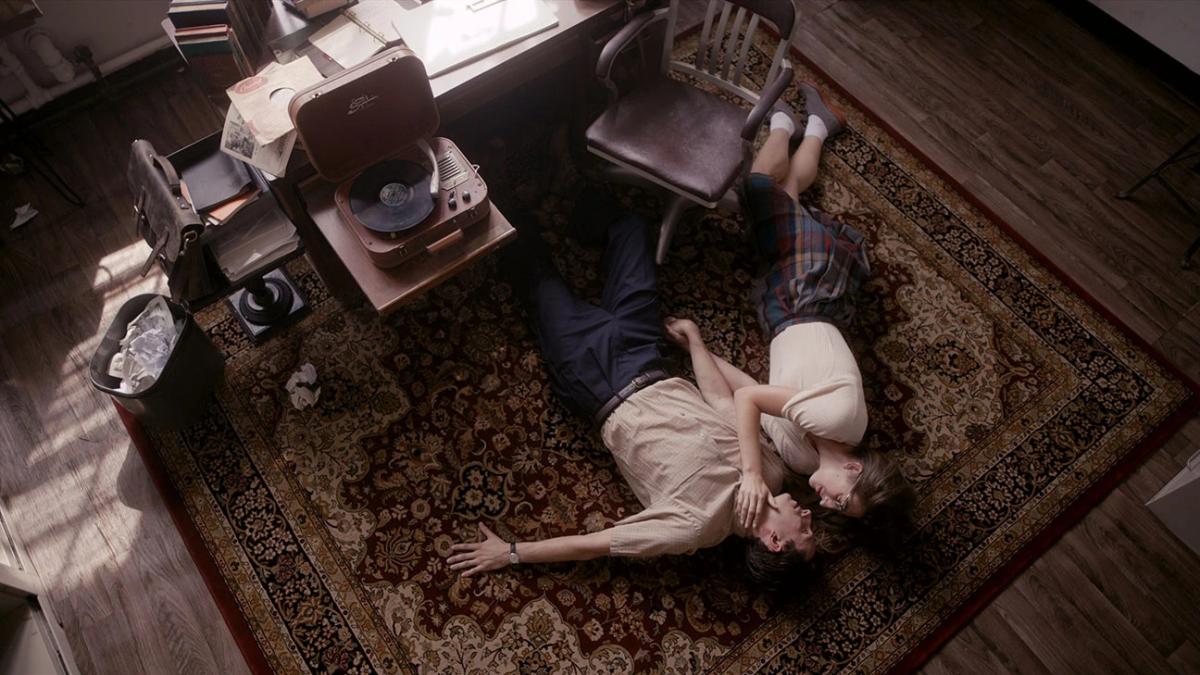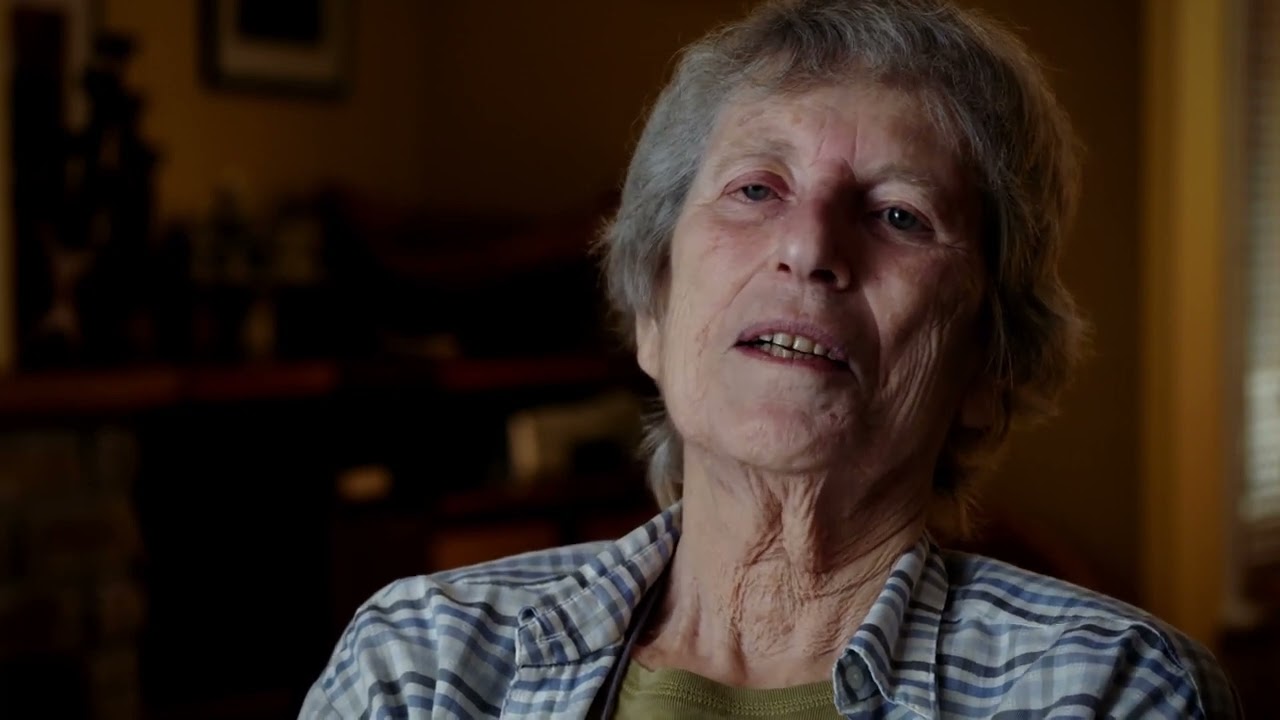"Doubles as a mournful reflection on the age of nuclear proliferation, and a tribute to those who opposed the buildup." - Tim Grierson, Screen International
"This first-rate portrait gets intimate with an atomic-age Edward Snowden, all the better to cast a long shadow." - Phil Hoad, Guardian
Academy Award–nominated Chicago filmmaker Steve James returns to the Film Center with this absorbing portrait of physicist Ted Hall, a University of Chicago student who was recruited by the Manhattan Project in the 1940s. While working on the creation of the atomic bomb, Hall also became an asset to the enemy, passing details of his work to the Soviet Union. Through reenactments and intimate conversations with Hall’s family, including his beloved wife, Joan, James crafts a portrait of a complicated man that considers both his contributions as a father and a husband, and his role as a Soviet spy. Film Center exclusive.
Awards & Nominations
Official Selection - Venice Film Festival
Official Selection - Chicago International Film Festival (Opening Night film)
5 QUESTIONS WITH STEVE JAMES
(Interview from the July/August issue of the Gazette)
Your work brings to vivid life portraits of complex individuals. What draws you to a person’s story?
I am drawn to people who make me curious to know more about them. And that’s often because they defy certain stereotypes that I have: a young basketball phenom like William in HOOP DREAMS, who is quiet and introspective; a quiet, shy girl who performs powerfully at public Spoken Word events in AMERICA TO ME. I also find I am drawn to people whose lives are at a crucial crossroads: young dreamers hoping to make it in basketball in HOOP DREAMS; a young man facing possible prison time in STEVIE; a family fighting for their bank in court in ABACUS: SMALL ENOUGH TO JAIL. People at a crossroads not only make for compelling drama; it also reveals their true character, humanity, and complexity.
What advice would you give to students studying film/filmmaking?
Make films! Don’t let naysayers, lack of funding, or self-doubt prevent you from getting out there, putting one foot in front of the other, and starting your film. Once you graduate, having your own film to pursue may get you through the tough times of having to do jobs (in film or outside of film) that discourage you.
What does “independent film” and “independent filmmaking” mean to you?
Independent film(making) for me is about self-empowerment– pursuing your passion project, whatever it takes. It’s no accident that the very best documentary films, year in and year out, come from unexpected places and often tell us stories that we had no idea we “needed” to hear. They’re not biographies of famous or infamous people, or ripped-from-theheadlines exposés, or true crime docuseries. They give us fresh, new ways to look at the world and at ourselves.
What is a memorable moviegoing experience you’ve had?
One of the most memorable was when we were making REEL PARADISE in Fiji. Watching a film with local Fijians (and filming them watching) was the most raucous and engaging film-going experience of my life. There was wonder, awe, laughter, talking back to the screen, and animated conversations throughout. It felt like what it may have been like when people first saw films in theaters.
What film do you watch again and again?
There are a few films that I never tire of watching; Renoir’s RULES OF THE GAME is one. The sheer complexity of the storytelling, its deep humanity and seemingly artless style (though a brilliant technical and aesthetic achievement) make it the most alive narrative film I may have ever seen. Every time I watch it, I get more from it. It’s one of the films which in



